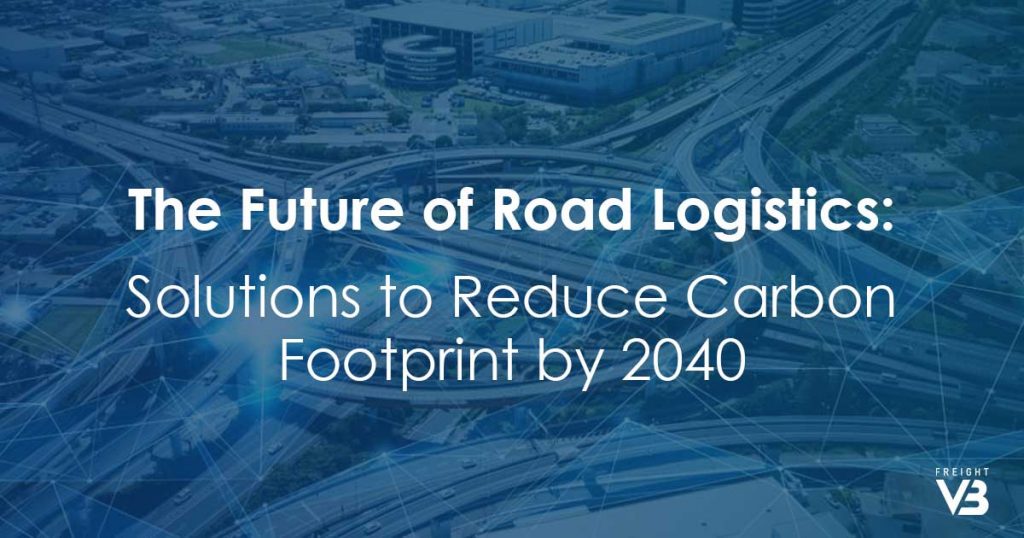As the world faces the challenges of climate change, the road logistics industry is turning its attention to reducing its carbon footprint. The European Clean Transport Network Alliance (ECTN) has recently been established to tackle this problem head-on, with plans to revolutionise road freight in Europe. By constructing a network of low-carbon energy truck terminals along the continent’s motorways, the alliance aims to reduce carbon emissions and create a sustainable transport infrastructure. In this article, we’ll explore the ECTN’s plans and what they mean for the future of road logistics.

Key takeaway points
- ECTN Alliance: A New Partnership to Decarbonize Road Freight Transport in Europe
- Low-Carbon Energy Truck Terminals
- Holistic Approach to Decarbonizing Long-Haul Trucking
- Two-Year Proof of Concept to Demonstrate Feasibility of the ECTN Concept in France
- Improving Working Conditions for Long-Haul Truck Drivers with Trailer Swap System.
ECTN Alliance: A New Partnership to Decarbonize Road Freight Transport in Europe
Low-Carbon Energy Truck Terminals
CEVA Logistics, ENGIE, and SANEF have joined forces to establish the European Clean Transport Network Alliance. The alliance plans to construct a network of low-carbon energy truck terminals across Europe’s motorways to facilitate the transportation of goods. Terminals will offer cutting-edge, low-carbon solutions. These include biogas, hydrogen, and electric energy for the charging and refuelling of trucks.
Holistic Approach to Decarbonizing Long-Haul Trucking
A successful decarbonisation pathway relies on a coherent policy framework. This includes a suitable charging and refuelling infrastructure, supportive and well-synchronised vehicle regulations, and an effective carbon pricing mechanism. European commercial vehicle manufacturers (ACEA) and suppliers (CLEPA) are fully committed to swiftly cutting road transport CO2 and exhaust pollutant emissions. Their goal is a fossil-free Europe by 2040.
Two-Year Proof of Concept to Demonstrate Feasibility of the ECTN Concept in France The alliance is set to conduct a two-year proof of concept in France.
This will demonstrate the feasibility of the ECTN Concept by providing low-carbon biogas, hydrogen, and electric energy solutions for charging and refuelling trucks. This trial will begin with the routes between Lille and Avignon, eventually extending to all of Europe.
Improving Working Conditions for Long-Haul Truck Drivers with Trailer Swap System
Long-haul truck drivers may soon benefit from improved working conditions thanks to the introduction of trailer swap systems. Swap body systems, like demount units, offer drivers greater flexibility. These systems allow drivers to quickly drop off full loads at delivery bays and pick up empty units, reducing turnaround time. The use of demount units can also improve operational efficiency. This means reducing the carbon footprint of transport, especially in inner-city deliveries.
Conclusion
The ETCN alliance aims to establish a network of low-carbon energy truck terminals on Europe’s motorways, offering biogas, hydrogen, and electric energy for charging and refuelling trucks. A two-year proof of concept in France will demonstrate the feasibility of this concept. The alliance’s approach to decarbonization is expected to serve as a model for the road logistics industry as Europe transitions towards fossil-free solutions by 2040.


